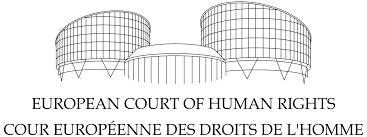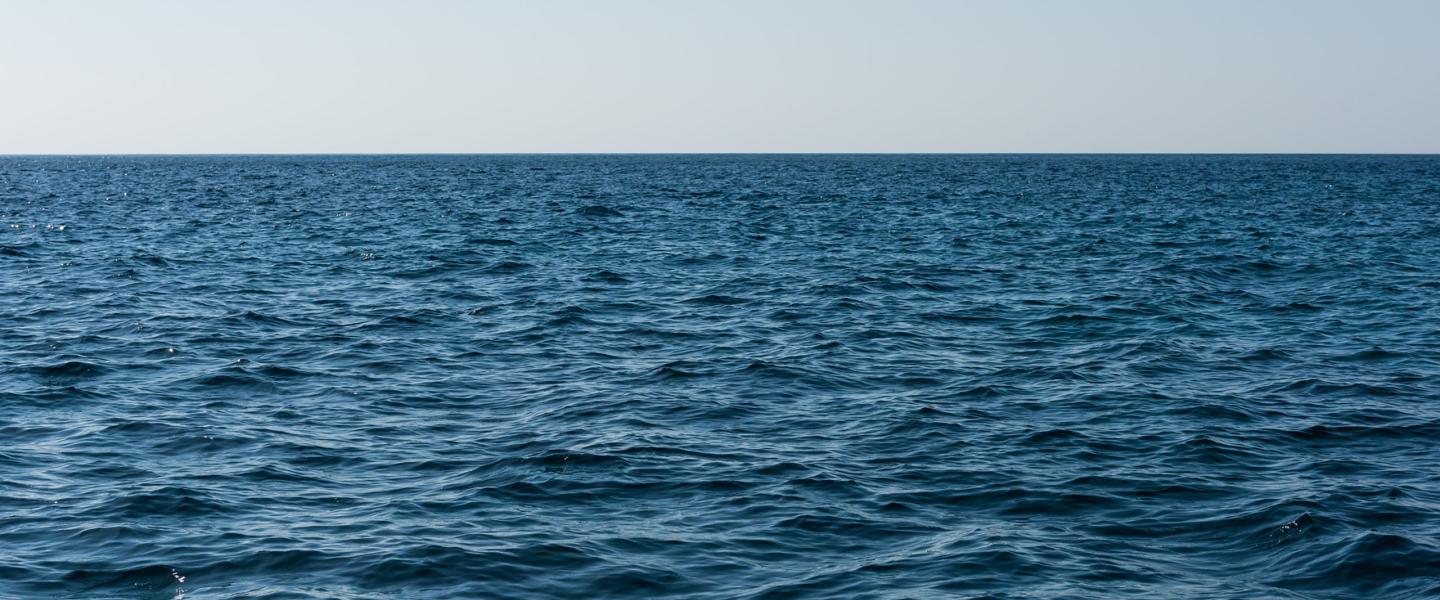
HRAS LEGAL REVIEW & COMMENTARY
________
The European Court of Human Rights finds detention of apprehended pirates by France to be a violation of their right to liberty and security because of a delay in judicial process.
________
Elisabeth Mavropoulou LLM
David Hammond, Barrister & Founder Human Rights at Sea International Initiative
1 January 2015
Background
On the 4th of December 2014, the European Court of Human Rights (ECtHR “the Court”) delivered its judgement on two applications regarding the deprivation of liberty of nine Somali pirates, (Ali Samatar and Others v. France, applications nos. 17110/10 and 17301/10 and Hassan and Others v. France, Applications 46695/10 and 54588/10)[1].
The two cases concerned nine Somali nationals, who in 2008, having hijacked two French-registered vessels off the coast of Somalia and having themselves held hostages, were arrested and held by the French Navy before being transferred to France where they were taken into police custody and prosecuted for acts of piracy.
The Court examined whether the pirates’ right to liberty and security, pursuant to Article 5 paragraphs 1 & 3 of the European Convention of Human Rights (ECHR “the Convention”), had been safeguarded from the moment of their arrest by the French Navy, until their transfer before the competent legal authority for subsequent investigation[2] and prosecution. In particular, the Court examined whether the French law, as applicable at the time of the events, was in compliance with the right to liberty and security and the procedural guarantees embedded in Article 5 of the Convention.
As a consequence of the judgment, it is reported[3] that the nine convicted Somali pirates are to receive compensation in one case of €9,000 (£7,000) and the remainder to receive sums up to €7,000 despite ransoms of $2.1m and $2m being paid for the release of a French flagged cruise ship and French yacht.
Aside from the legal judgment, the emotive issue of the poor conditions in which the hostages were held, their ill-treatment and the fact that substantial ransoms have been and continue to be paid for the release of hijacked and pirated vessels, further exacerbates the issue of the application of the ECHR in favour of individuals who have carried out criminal acts.
Judgment
The Court held unanimously that the relevant French provisions governing detention pending trial in both cases violated the 3rd paragraph of Article 5 of the Convention, namely the procedural guarantee to be promptly brought before an investigative judge.
Reasoning
The decision was based on the grounds that all nine applicants had been taken into police custody for 48 hours upon their arrival in France, instead of being brought “promptly” before the appropriate legal authority when they had already been deprived of their liberty for four days and some twenty hours (Ali Samatar and Others) and six days and sixteen hours (Hassan and Others)[4]. Moreover, in the second application, that of Hassan and Others v. France, the Court found additional violation of Article 5 and in particular that of paragraph 1 of the provision, as the French system applicable at the relevant time had not sufficiently guaranteed the applicants’ right to liberty, lacking the quality criteria required by law. As a result, France was ordered to pay compensation of 5,000 euros in respect of non-pecuniary damage to each of the applicants in the Hassan and Others v. France and 2,000 euros in Ali Samatar and Others respectively.
Commentary
The crux of the judgment focuses on the current legal framework governing detention by constabulary forces and deprivation of liberty pending the initiation of formal investigations before a competent judicial authority.
The Court in past case law has notably elaborated its own standards on the procedural guarantees imposed by Article 5 due to absence of clarity in the law governing detention per se in domestic jurisdictions. Particularly, the Court has repeatedly stressed that the purpose of Article 5 facilitates detection of potential ill treatment of detainees and unjustified interference with individual liberty that could otherwise result in arbitrary detention[5]. Consequently, it should now be quite clear to States that there is need for revision of national laws governing both “detention” and “deprivation of liberty” in a manner consistent with the Conventions’ requirements.
CONTINUE TO READ FULL ARTICLE HERE
[1] ECHR 361 (2014) 04.12.2014
[2] Article 5 para. 1 and 3 of the ECHR read as follows: Article 5 – Right to liberty and security’
Everyone has the right to liberty and security of person. No one shall be deprived of his liberty save in the following cases and in accordance with a procedure prescribed by law: … c) the lawful arrest or detention of a person effected for the purpose of bringing him before the competent legal authority on reasonable suspicion of having committed an offence or when it is reasonably considered necessary to prevent his committing an offence or fleeing after having done so; 3. Everyone arrested or detained in accordance with the provisions of paragraph 1 (c) of this Article shall be brought promptly before a judge or other officer authorised by law. http://www.echr.coe.int/Documents/Convention_ENG.pdf
[3] BBC News. 4 December 2014. “Court tells France to pay damages to Somali pirates”.
[4] Press Release of the European Court of Human Rights, Registrar of the Court, 4.12.2014, Suspects of Piracy against French vessels apprehended in Somalia by the French authorities should have been brought before a legal authority as soon as they arrived in France.
[5] Ibid.
HUMAN RIGHTS AT SEA
The Human Rights at Sea (HRAS) initiative has been independently developed for the benefit of the international community, including the maritime industry, for matters and issues concerning human rights in the maritime environment. Its aim is to explicitly raise awareness, implementation and accountability for human rights protections throughout the maritime industry, especially where they are currently absent and being abused.
Contact: enquiries@humanrightsatsea.org
Site: www.humanrightsatsea.org
Facebook: https://www.facebook.com/humanrightsatsea
Twitter: @hratsea
